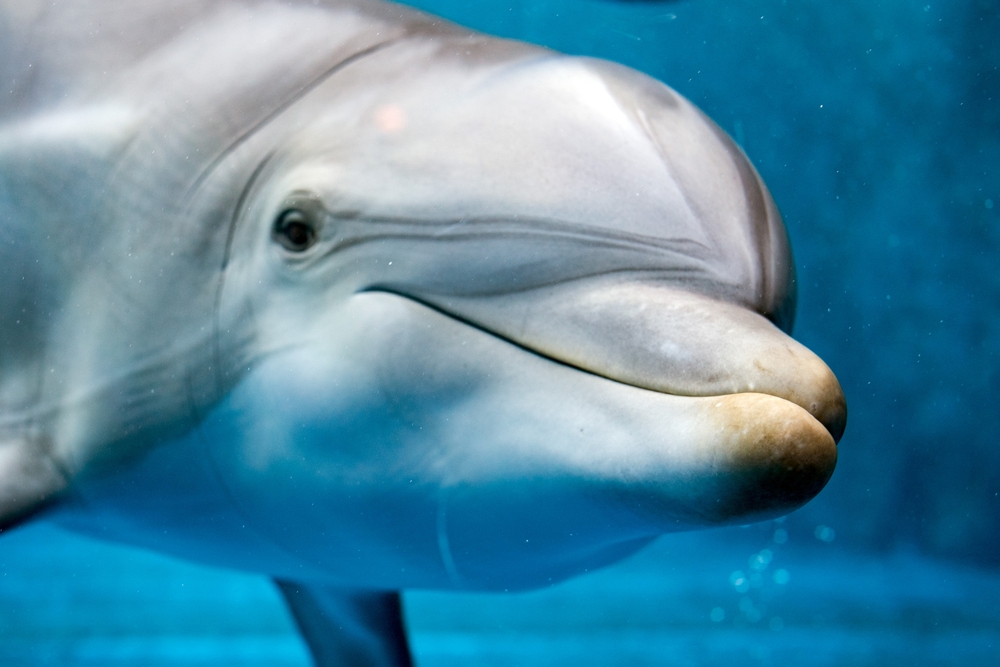Source: Science Alert
A new study of 20 stranded bottlenose dolphins (Tursiops truncatus) in Florida’s Indian River Lagoon suggests that brain damage resembling Alzheimer’s disease may contribute to disorientation and strandings. Researchers found gene expression changes and protein clumps in the dolphins’ brains similar to those seen in human Alzheimer’s patients. Critically, dolphins stranded during algal bloom seasons had brain concentrations of the neurotoxin 2,4-diaminobutyric acid (2,4-DAB) nearly 2,900 times higher than those beached outside bloom periods.
These toxins, produced by cyanobacteria, are increasing due to climate change and warmer waters, which intensify harmful algal blooms. The findings suggest that such neurotoxins may accelerate neurodegeneration, impairing dolphins’ memory and navigation. As dolphins are considered environmental sentinels, the study raises concerns about broader marine ecosystem and human health risks, since similar toxins can accumulate through the food chain. Researchers call for further investigation into how algal toxins may contribute to Alzheimer’s-like diseases in both animals and humans.
Read the full story HERE: https://www.sciencealert.com/brains-of-stranded-dolphins-showed-signs-of-alzheimers-disease

